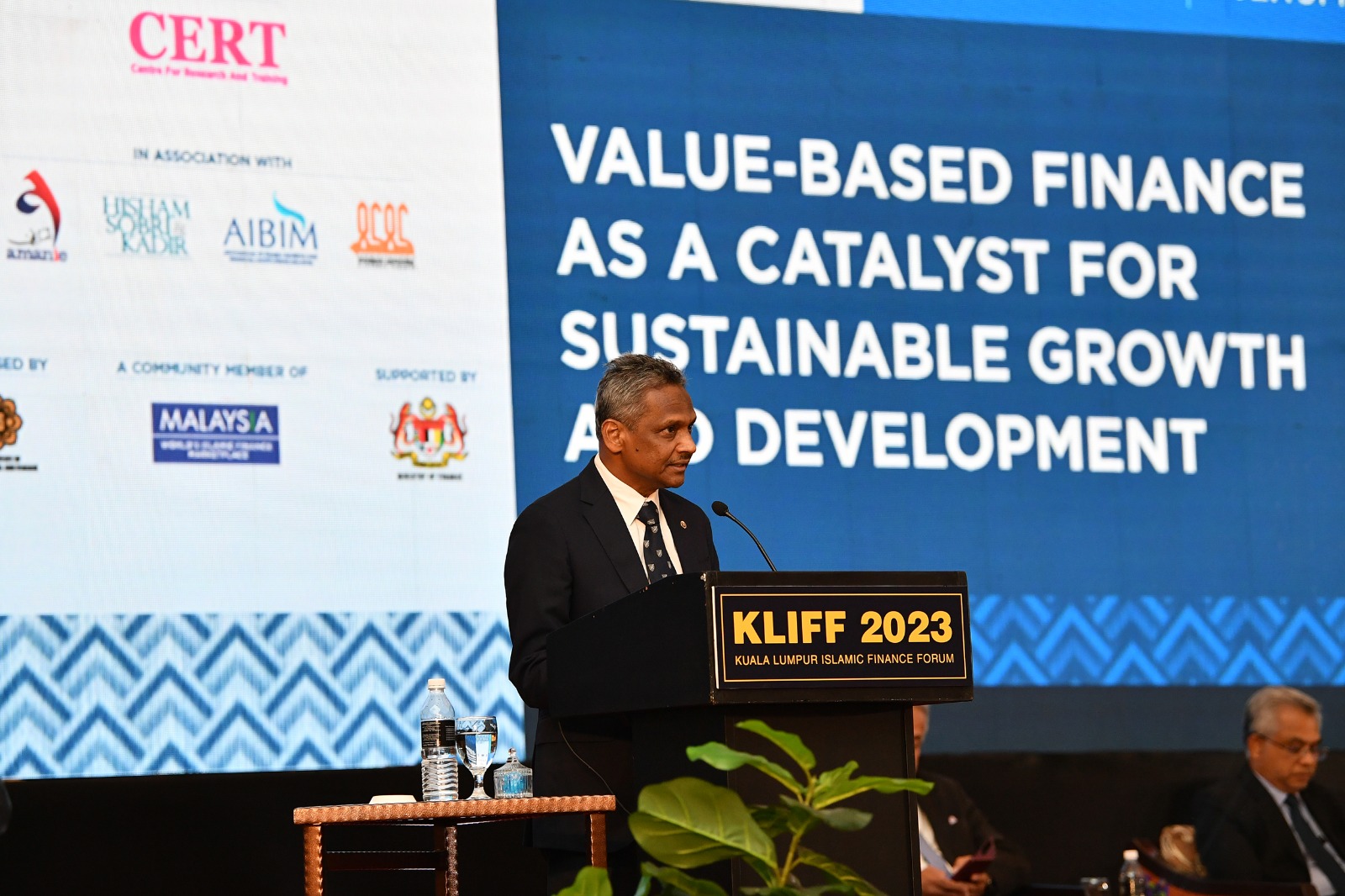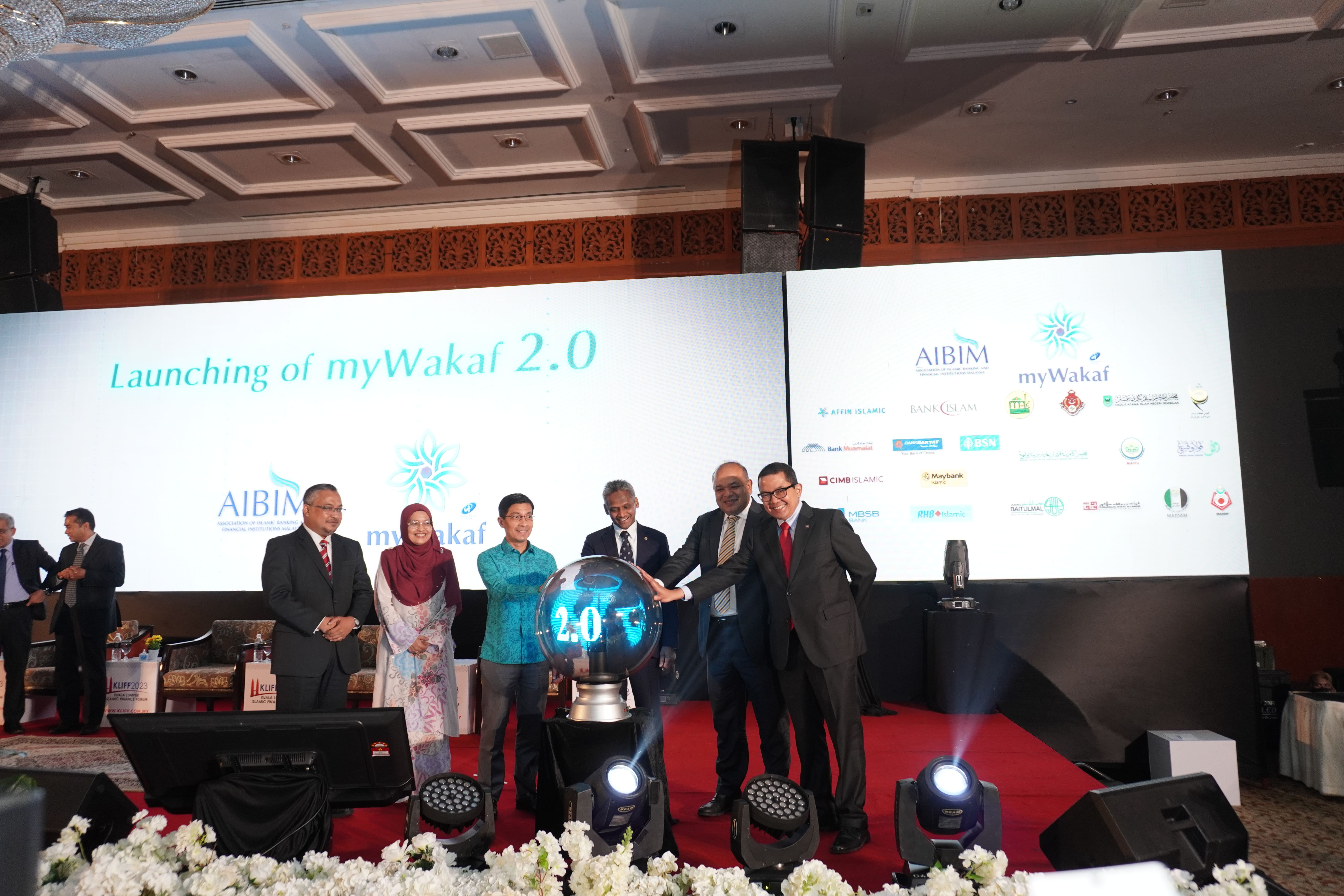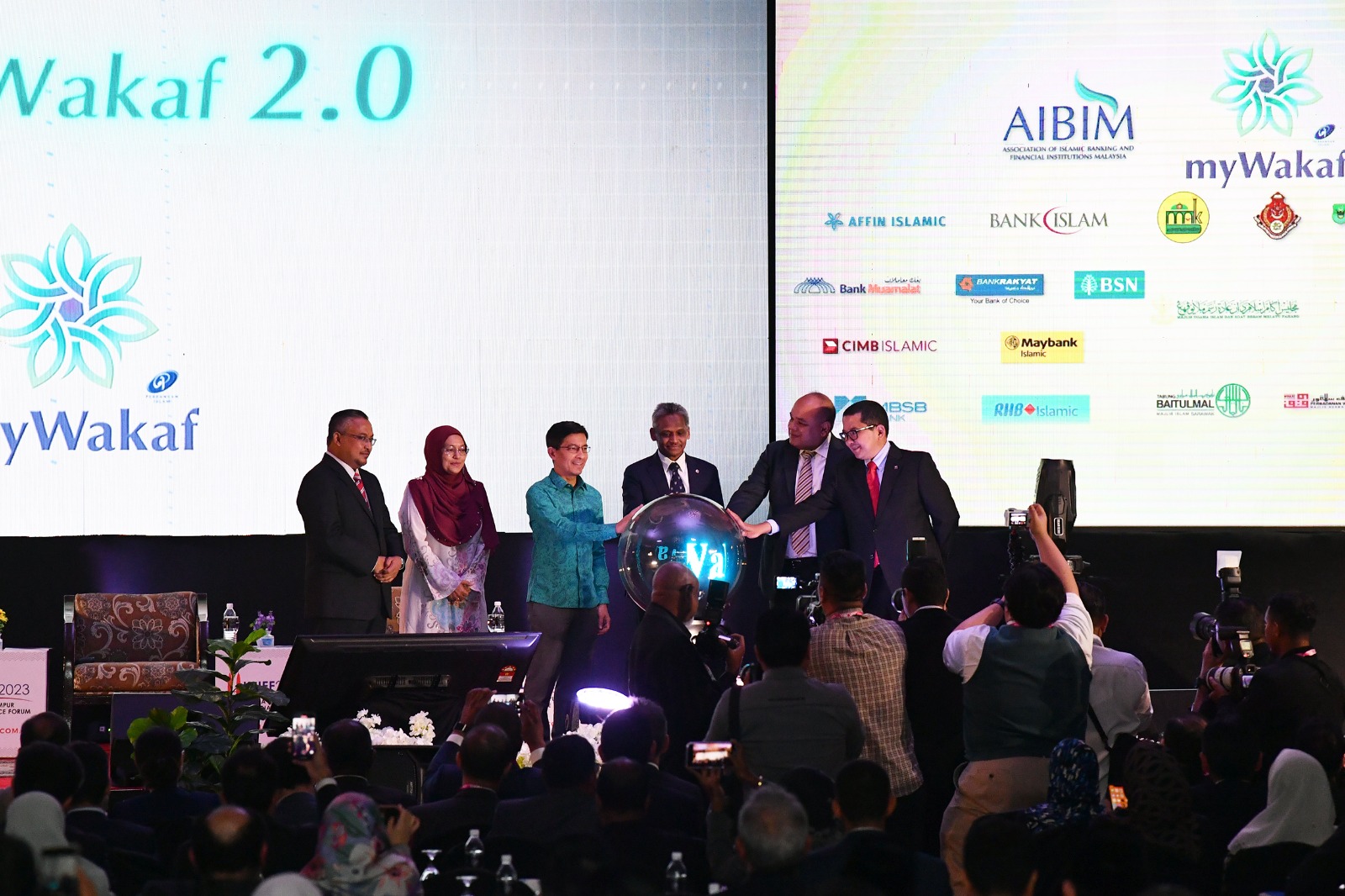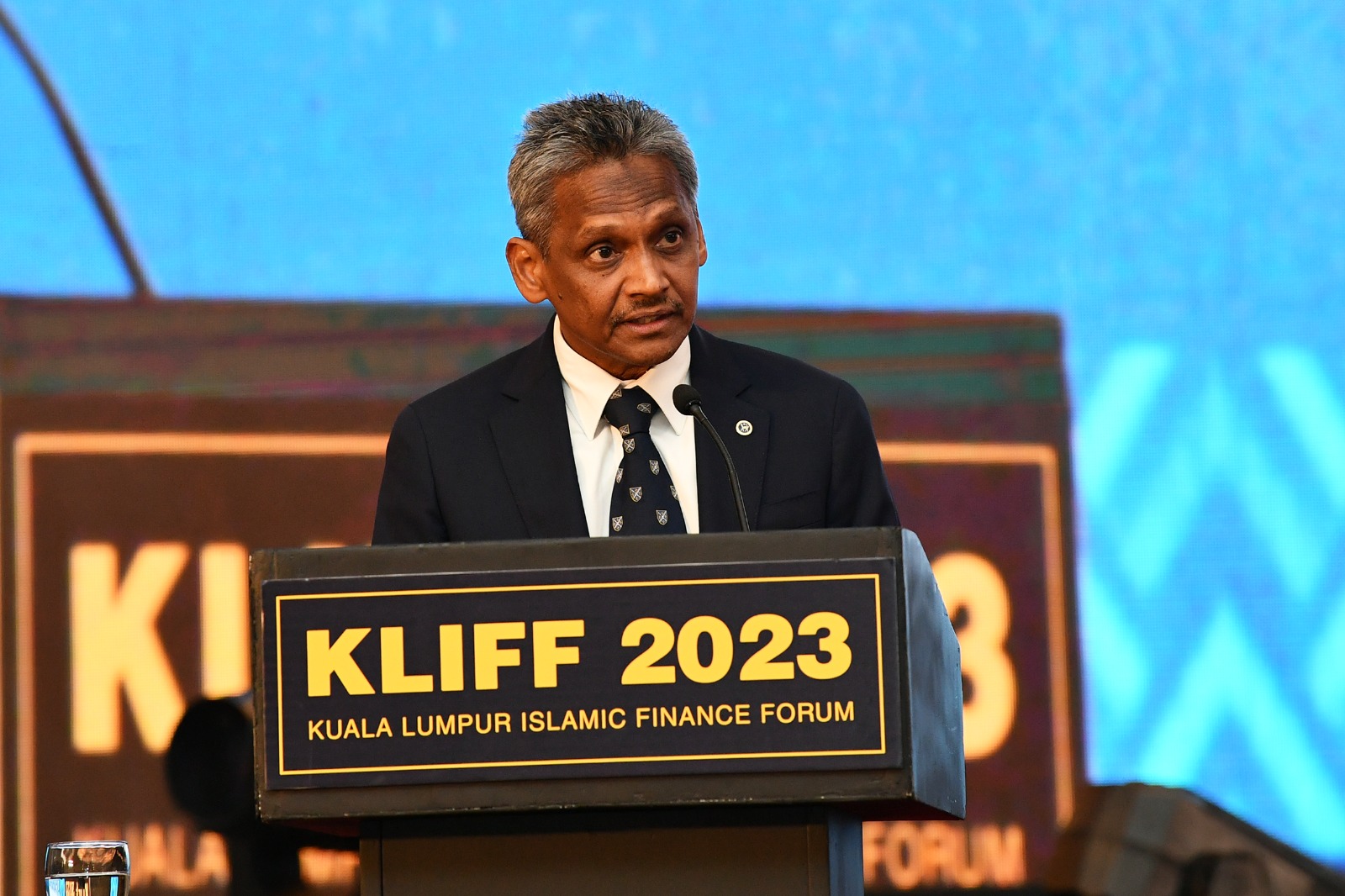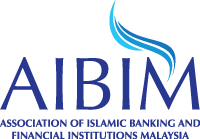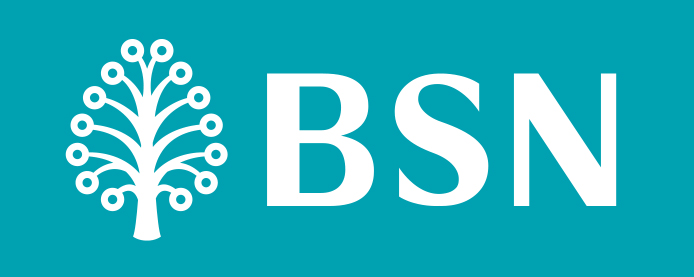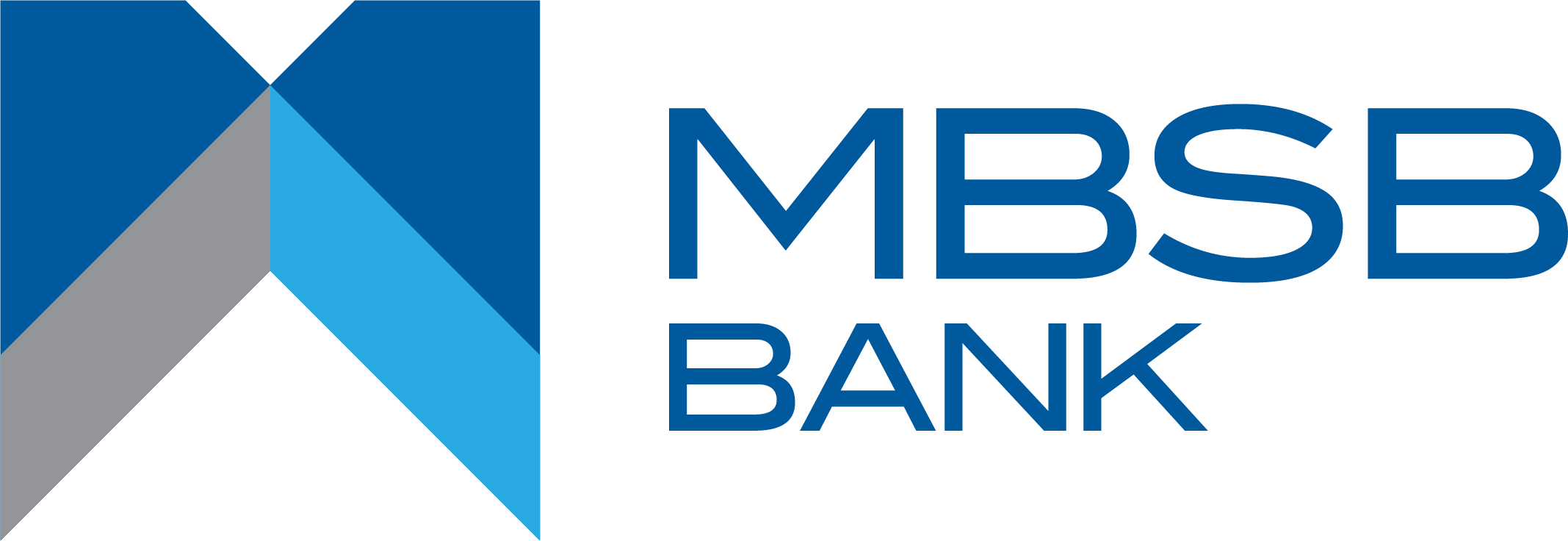KUALA LUMPUR: There is significant opportunity for Islamic finance to demonstrate its catalytic role and impact by making full use of the tools available for financial innovation to address the country’s evolving needs.
Bank Negara Malaysia governor Datuk Shaik Abdul Rasheed Abdul Ghaffour said these include instruments such as sukuk, syndicated financing and blended finance on a much larger scale.
He added that the space for innovation in Islamic finance is vast and yet to this day, the full potential of Islamic finance has not been fully optimised as a tool for meaningful change to meet the world’s financial needs.
“We have diverse Shariah contracts and instruments which can be tailored to engineer solutions that can serve varying needs of different segments of society.
“In Islamic finance, we have the ability to “blend finance” using different forms of capital such as philanthropic capital and risk capital, thus expanding its intermediation role beyond credit provisions and risk transfers,” he said at the opening of the 18th Kuala Lumpur Islamic Finance Forum (KLIFF 2023) here today.
Abdul Rasheed said one such tool available to Islamic banks in Malaysia is leveraging Investment Accounts (IA) to intermediate impact-driven investments.
The industry can more actively mobilise new sources of funding while expanding the underlying assets funded by IA towards sustainable development goals (SDG)-aligned projects.
“The features of IA can be versatile – it can even “blend” well with social finance mechanisms, taking inspiration from notable innovations in Sustainable and Responsible Investment (SRI)-sukuk structures,” he added.
Looking ahead, Abdul Rasheed said the funding, investment and risk protection needs of businesses and society today are much more diverse and complex.
In the latest national economic transformation plans including the National Energy Transition Roadmap (NETR) and New Industrial Master Plan (NIMP), funding Malaysia’s economic and sustainability transition is estimated to require about RM1.4 trillion by 2050, and thus, necessitating more adept use of wider funding mechanisms.
As such, he said the immediate funding needs involve projects that are nascent and are much more varied in terms of its market return profiles.
Another important anchor in delivering tangible impact in Islamic finance is doubling-down on value-based finance implementation.
He believes that value-based finance can indeed be a strong catalyst for sustainable growth and development.
The country can also elevate the purposefulness of finance and create a more enduring financial system that contributes to the well-being of our planet and its people, by prioritising values in financial systems.
Nonetheless, he said the industry must remain steadfast and strive forward to effect positive and lasting change.
“A step-change in the ‘tone at the top’ is of utmost importance to create a domino-effect of positive actions that permeate throughout the institution – from corporate value intent to business strategies and operations, business conduct, performance measurement and impact reporting.
“This holistic change must be driven from the boardrooms with cascading effect to the frontlines for positive impact to be felt by customers and wider stakeholders,” he noted.
At the opening of the 18th KLIFF 2023 yesterday, the governor launched myWakaf 2.0 as part of the industry’s effort in continuing to enhance the myWakaf initiative with additional participation of Islamic banks and state Islamic religious councils.
With a sharper focus on community and economic empowerment and more coordinated monitoring mechanism, myWakaf is expected to significantly drive socio-economic development of the country.
Source: Nst



